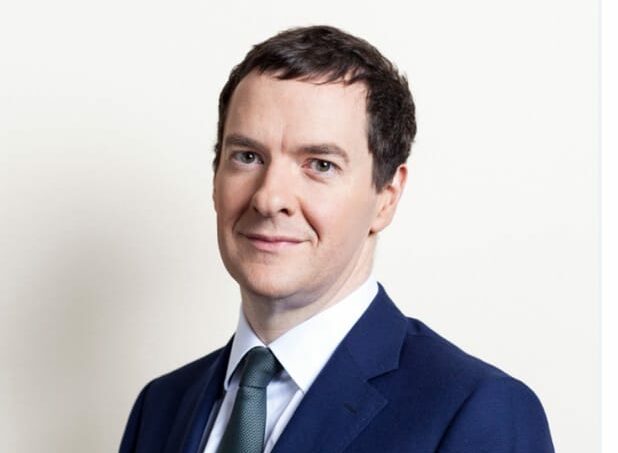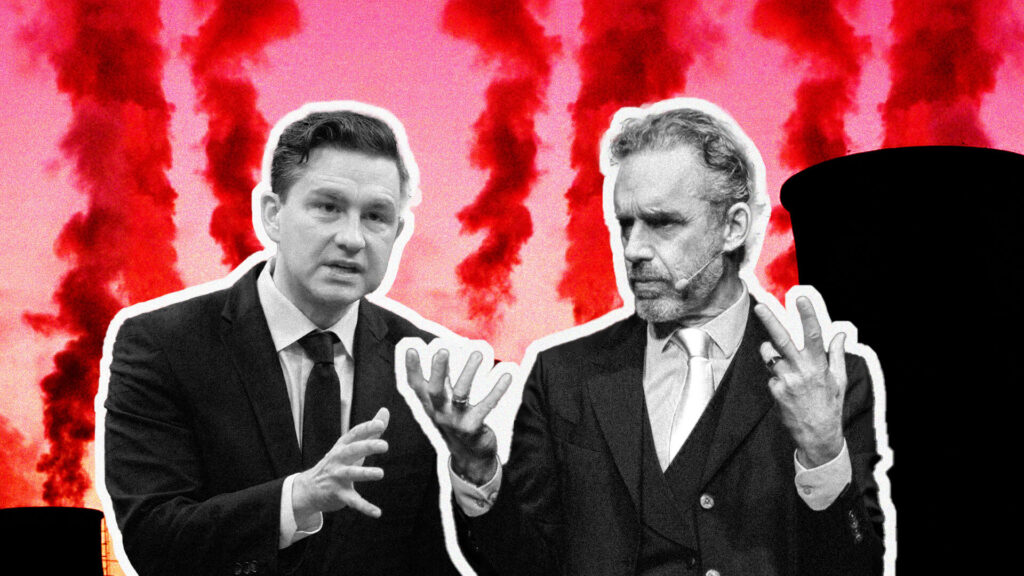George Osborne’s work for an investment bank that counts BP among its major clients presents a “glaring conflict of interest” with his new role as chair of the British Museum, campaigners have said.
The former UK chancellor is currently employed as a full-time partner at “boutique” investment bank Robey Warshaw, which has worked with the oil giant in recent years, including on its £7.7 billion purchase of US shale assets from BHP Group in 2018.
The choice of Osborne as chair of the museum, which he joins this week, has raised fresh concerns over the institution’s close ties to BP, one of its longest-standing corporate sponsors.
Ahead of starting work at Robey Warshaw, Osborne left his job as a senior advisor at asset manager Blackrock, one of the world’s largest funders of fossil fuels, and as editor-in-chief of the London Evening Standard newspaper.
“The museum’s highly controversial BP sponsorship deal is up for renewal next year, and it needs to make clear that the new chair will have no role in deciding the future of the BP partnership given this glaring conflict of interest,” said Chris Garrard, co-director at Culture Unstained, a campaign group which aims to end oil sponsorship of the arts.
“BP’s oil and gas drilling plans remain on a collision course with global climate goals and, just weeks away from the COP26 climate summit, the museum must show it intends to act responsibly on climate change.”
Oil Sponsorship
The museum, which BP has “generously” supported since 1996, according to its website, has come under increasing pressure to end the corporate sponsorship in recent years.
In May, activists targeted The British Museum to demonstrate against its financial relationship with BP. Last year protests were held over BP’s sponsorship of an event on ancient Greece at the British Museum.
Several cultural institutions have now announced they are severing ties with fossil fuel companies, including the Tate, the Royal Shakespeare Company and the National Theatre.
Protesters have also targeted the Science Museum over an exhibition on climate change sponsored by Shell. In August, Channel 4 News revealed that the museum had signed a “gagging clause” saying it would not publicly criticise its sponsor, following an investigation by Culture Unstained.
Rachel Kennerley, international climate campaigner at Friends of the Earth, said: “No sponsorship deal or empty net zero pledge is big enough to disguise the fact that BP continues to fuel climate breakdown.
“Responsible museums, galleries, and theatres, recognising this, have washed their hands of dirty money from polluters like BP. Instead of propping up Big Oil, the British Museum should be severing ties to the industry, which they’ll have the chance to do next year.
“But appointing a chair with known links to the oil giant suggests that protecting the planet remains far down the museum’s priority list.”
Zack Polanski, the Green Party’s spokesperson on democracy and citizen engagement, said: “George Osborne was the Tory chancellor who wanted to apply the brakes to the UK’s efforts to tackle climate change, and offered one of the world’s most generous tax breaks for the fracking industry.
“This makes him ideally qualified to work for an investment bank that advised BP on its $10.5 billion purchase of US shale oil and gas assets.
“A pro-fracking chancellor, a bank advising on the acquisition of fossil fuel assets and a giant oil company is a toxic cocktail. Small wonder staff at the British museum want to refuse BP’s dirty oil money.”
A British Museum spokesperson said they had procedures in place to manage conflicts of interest, which are published on its website.
When asked, the spokesperson declined to say whether the museum believes a conflict of interest exists in this case. “The museum manages these issues on a case by case basis taking into account the specific circumstances and topics being discussed by the board at each meeting,” they said.
Robey Warshaw and BP did not respond to a request for comment.
Subscribe to our newsletter
Stay up to date with DeSmog news and alerts







